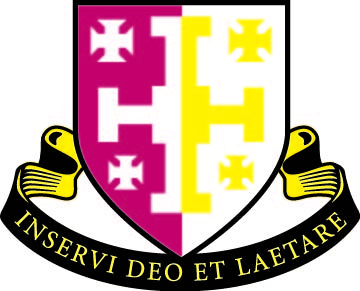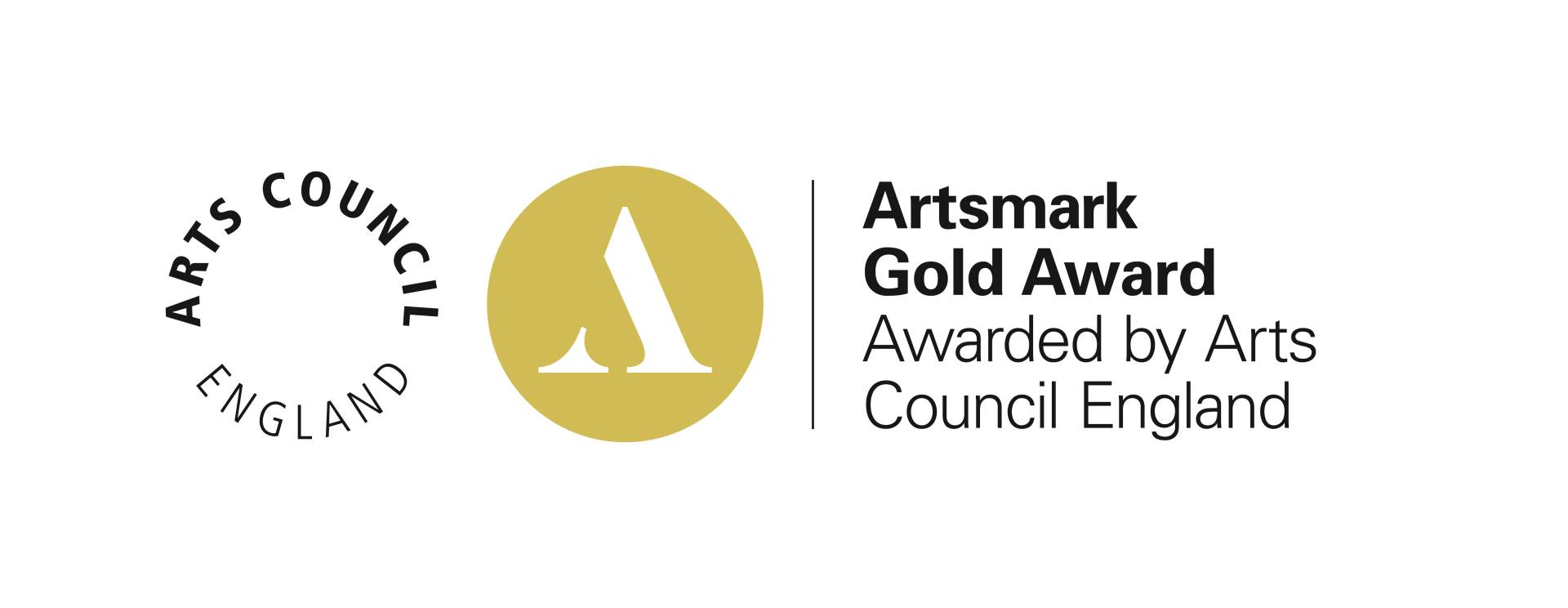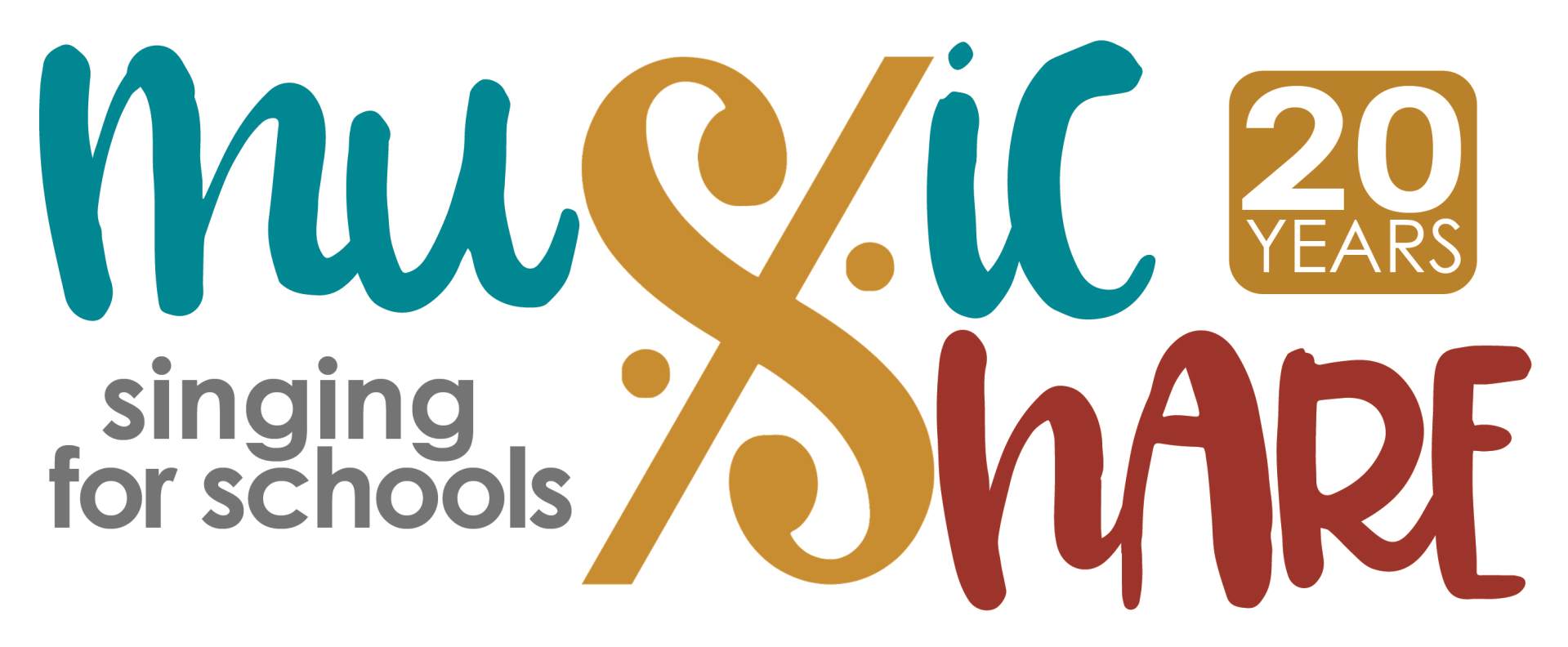The value of school mottoes
 This week I have been reflecting on a LinkedIn discussion about the value of school mottoes. Ours here at LCS – Inservi Deo et Laetare - ‘Serve God and be Joyful’ seems perfectly apt for our Cathedral School and inspires us to put the best foot forward and look for the sunshine peeking through the clouds all the time, whilst not losing sight of the value of service and our faith foundation.
This week I have been reflecting on a LinkedIn discussion about the value of school mottoes. Ours here at LCS – Inservi Deo et Laetare - ‘Serve God and be Joyful’ seems perfectly apt for our Cathedral School and inspires us to put the best foot forward and look for the sunshine peeking through the clouds all the time, whilst not losing sight of the value of service and our faith foundation.
Pondering all of this led me to reading a really interesting article in The Independent on the history of mottoes and their range. I include an excerpt here. Some of you may recognise the mottoes mentioned, they may even be from your own schools!
'Mottoes have a very interesting history. When landed families built their castles, stately homes or manors, they asked the king’s permission to take up, or retain, arms. But their serfs or yeomen could not necessarily read. What better than to devise a shield of four or five colourful symbols embellished with simple text or a strapline? Then to carry that same shield into battle? A bit like hoisting a flag or blowing a trumpet. Impress friend and enemy alike. Show off your wealth and lineage.
In order to analyse several dozen school mottoes, and not get into a quagmire, I set myself a few simple rules. My bundle of age 11+ establishments had to span single-sex and coeducation, public and private, England and Wales, large and small, rural and urban, north and south, Roman Catholic and Church of England, rich and poor.
Many schools preferred a Latin motto, helpfully supplying a rough translation for newcomers. Eton College, for instance, had unofficially retained “Floreat Etona; Esto perpetua” (may Eton flourish and may it last forever); whilst Harrow acknowledged “Donorum Dei Dispensatio” (faithful dispensation of the gifts of God). The Quaker Mount School of York looked for “Fidelis in Parvo” (faithfulness in small things), Merchant Taylors’, Crosby, developing the same theme with “Concordia Parvae Res Crescunt” (small things grow in harmony). With commendable concision, Manchester Grammar School dared to be wise: “Sapere Aude”, while Roedean honoured the worthy: “Honneur aulx Dignes”.
Other schools opted for “Cor ad Cor Loquitur” (heart speaks to heart); or “Murus Aeneus Conscientia Sana” (a sound conscience is a wall of brass). Occasionally, there was a direct quotation from scripture: Marlborough’s “Deus Dat Incrementum” translated as “God gives the increase”; or a slogan in Welsh: “Glewa’t Grefft Gloynsa’r Graen” (the better prepared, the stronger).
In rhetoric, the number “three” is of great importance. It is often said we hear nine pieces of information, pay attention to three, remember one! Also, three possibilities don’t sound as narrow, as abrupt, as two. Here are a tiny few of the omnipresent threes: “Passport for Life”, “Let Right Prevail!”, “Integrity, Creativity, Respect” and “Praise God Always!” My favourite in this category is: “THIS GIRL CAN!”'
I wonder how much these mottoes influence the day-to-day workings in the schools. They’re certainly a useful benchmark of what values the organisation holds dear. In the meantime … we’ll keep abiding by ours!
Inservi Deo et Laetare!














